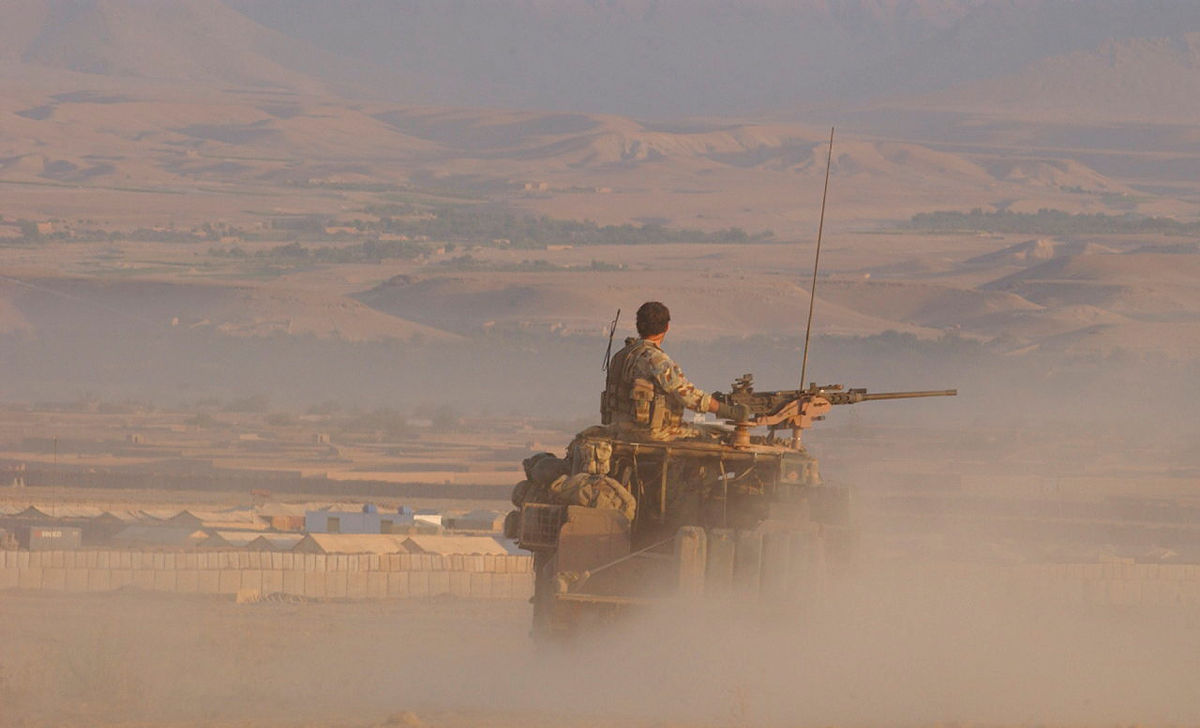
Sir Angus Houston, who as an air chief marshal led the Australian Defence Force from 2005 to 2011, says he’s greatly saddened by evidence that Australian special forces soldiers committed war crimes in Afghanistan.
‘After reading the Brereton report I am shocked and deeply disappointed by its contents’, Houston said. ‘Those involved in the 23 reported incidents, where there is credible information of unlawful killing, should be held to account.’
Houston said the first three incidents reported by Justice Paul Brereton occurred while he was chief of the defence force. ‘I was not aware of the alleged incidents at the time and I have not been briefed on the detail since’, he said.
During his time as CDF, the ADF conducted 58 military operations and 65,000 individual deployments. With the exception of the soldiers involved in the incidents identified by Brereton as events which credible information indicated were war crimes, the 65,000 Australians who deployed served professionally with honour. Some paid the ultimate sacrifice.
Houston said the Brereton report did not pull any punches and provided a strong overview of what went wrong.
‘Regrettably, the alleged atrocities of a few have besmirched the reputation of the Australian Defence Force, particularly the thousands who served in Afghanistan’, Houston said.
‘On my watch the high command chain at Joint Task Force 633, Joint Operations Command and in Canberra responded quickly and effectively to any unacceptable incident or disproportionate use of force reported to them’, he said.
‘I support the findings and recommendations of the Brereton report (redacted). I endorse the actions and plan laid out by CDF General Angus Campbell and Chief of Army Lieutenant General Rick Burr. I am confident that their approach will ensure that the alleged reprehensible and abhorrent behaviour will never happen again.’
Houston said generals Campbell and Burr had acted decisively to cut a bad culture out of the Special Air Service Regiment. The regiment had been brought through a major refocusing and change of direction over the past four years.
‘I’m very impressed with how they responded’, he said. ‘They’ve provided strong, value-based leadership and they are both straight as a die.’
Houston said the disbanding of the SAS 2 Squadron was appropriate. He said the regiment had been provided with good leadership to take it into the future.

